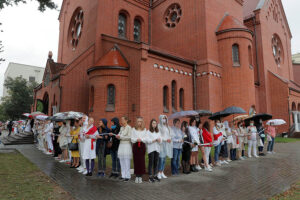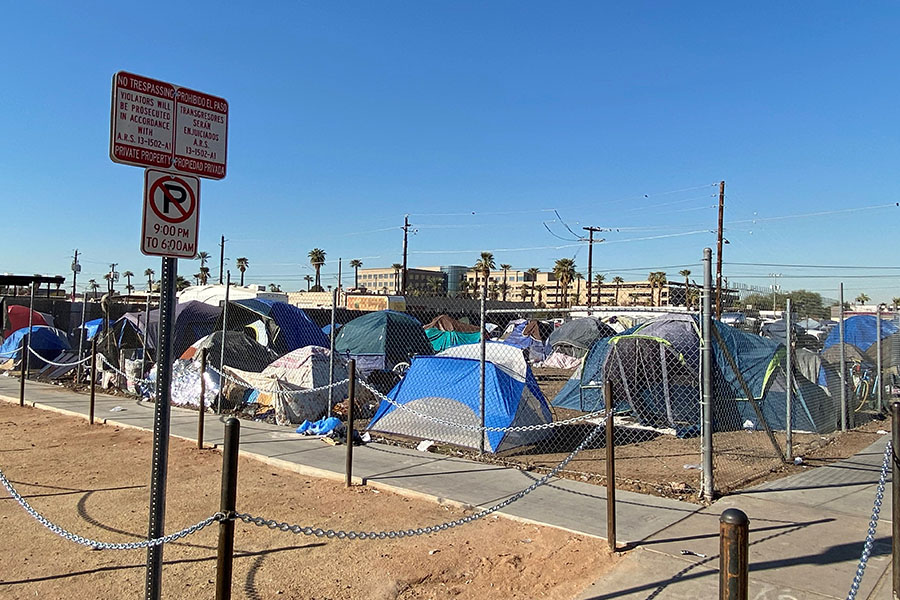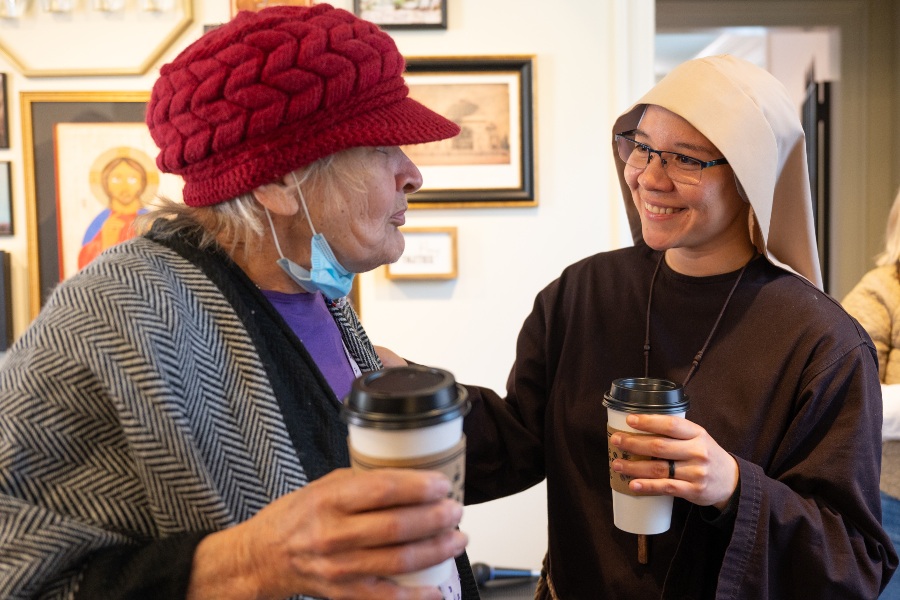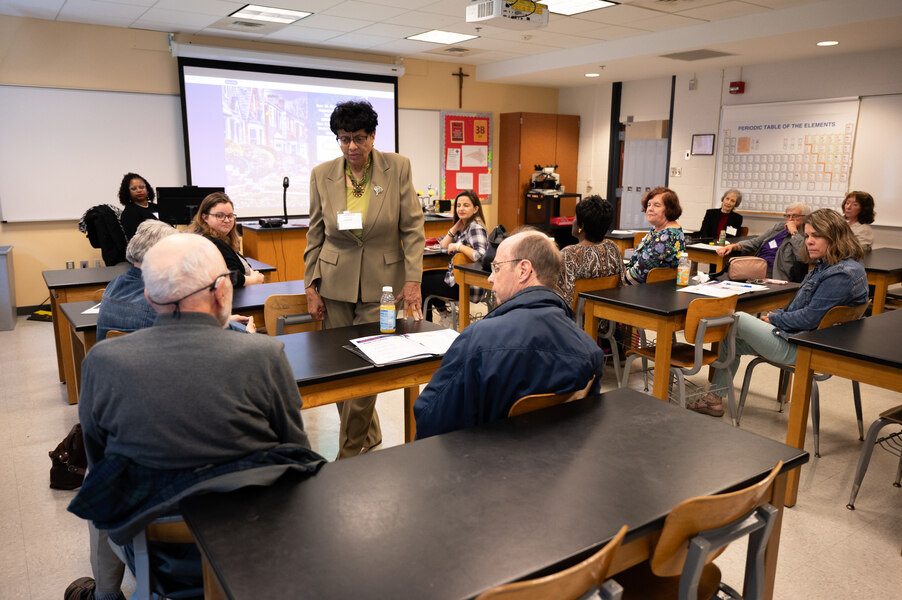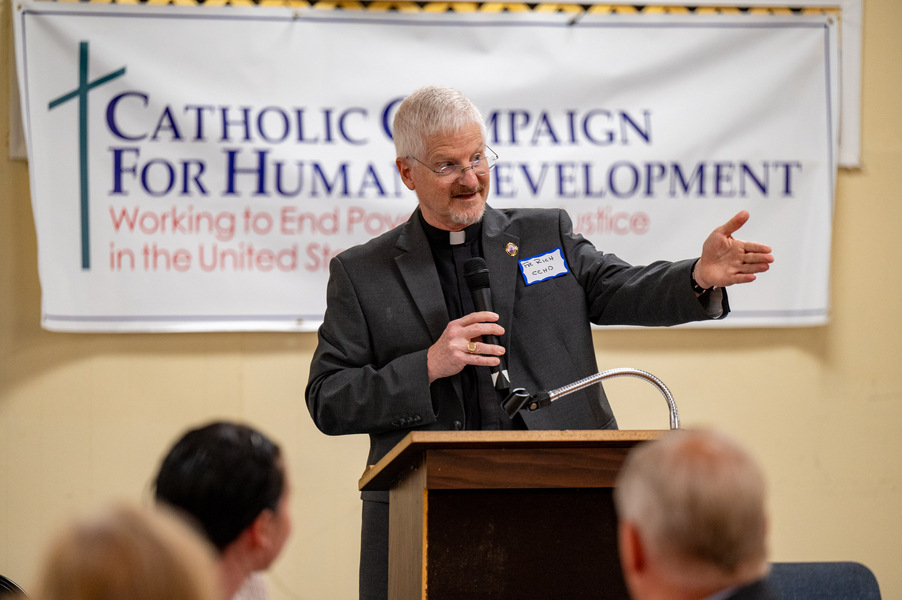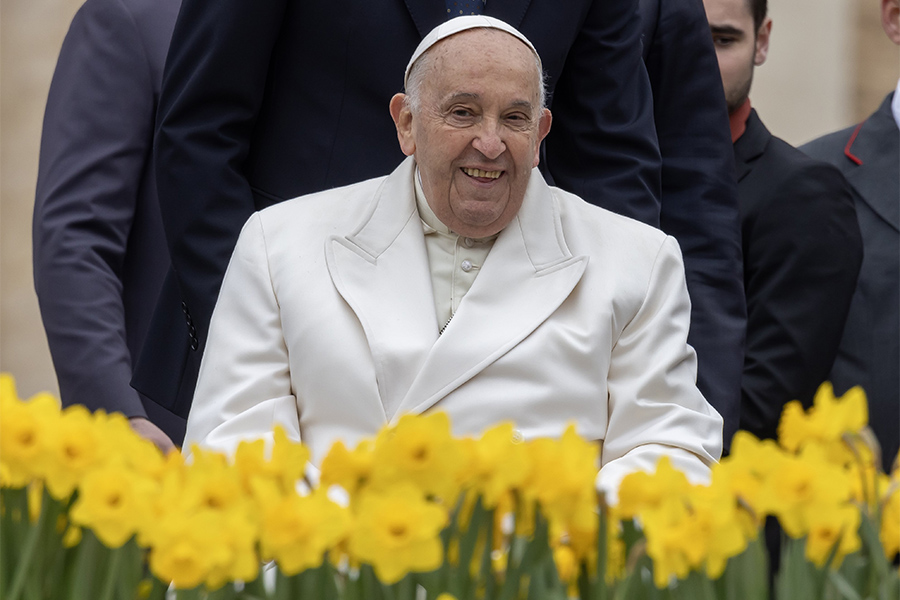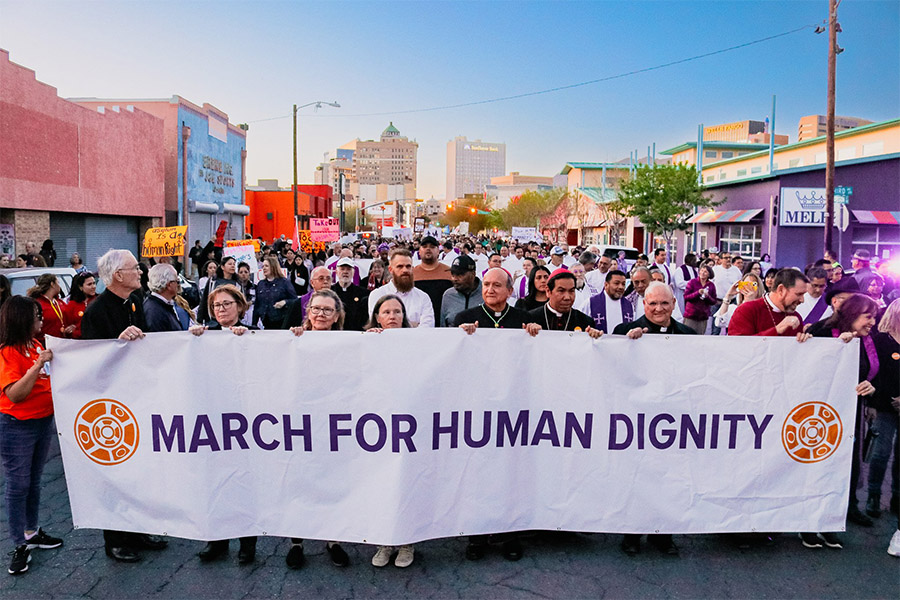GENEVA (CNS) — Even though the right to protest is guaranteed by international human rights laws and standards, governments keep limiting these laws and restricting such rights, said a new report from rights watchdog CIVICUS Monitor.
The report, “Global Assessment on Protest Rights 2022,” released Dec. 7, urges governments to “halt hostile rhetoric that stigmatizes peaceful protests, such as portraying them as destabilizing and as a threat” and to ensure protesters are not subjected to intimidation and harassment. It also says governments must quit shutting down the internet and quit using public health emergencies as an excuse to limit the right to assemble peacefully.
Governments used law, policy, and practice to suppress peaceful and nonviolent gatherings in the backdrop of rules and regulations, said the report, released days before Human Rights Day, Dec. 10.
Josef Benedict, civic space researcher at CIVICUS Monitor, said countries’ use of “emergency regulations, anti-protest laws and even COVID-19 measures to block or disrupt protests as well as arrest and detain protesters” was “contrary to international human rights law and standards.” Such actions “create a chilling environment for those who speak out and mobilize,” Benedict said in a news release.
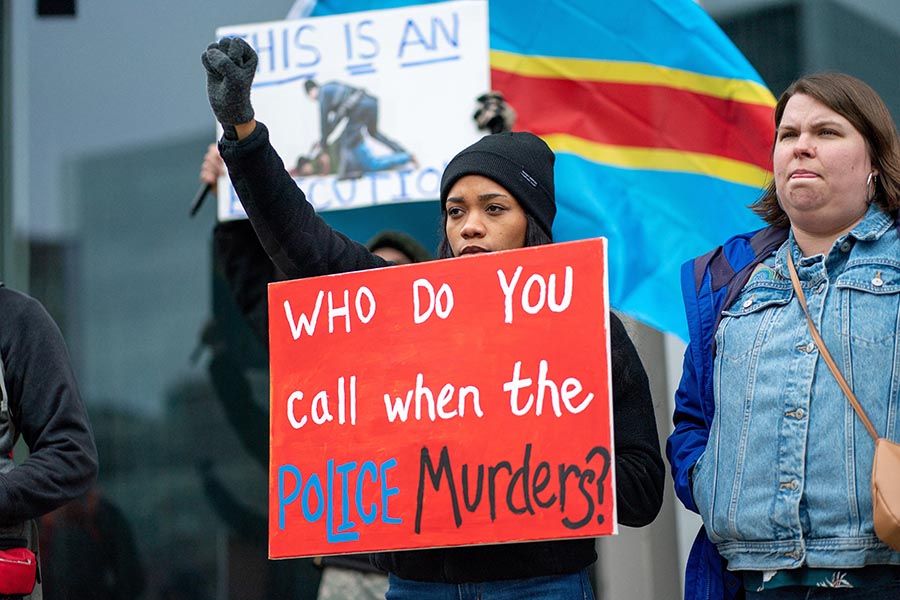
Globally, freedom of peaceful assembly faced restrictions in at least 100 of the 197 countries from October 2021 to September 2022, the report showed.
“In some countries, the law requires that people obtain authorization to hold protests. In other countries, a legal requirement to notify the authorities in advance of a planned protest is misconstrued by them as meaning that permission is required before holding protests. Instances have also been documented of law enforcement officers arresting protest organizers and protesters ahead of protests as a tactic to prevent protests,” the report said.
It cited as an example Belarus, where popular movements sparked mass protests against the government and electoral fraud. Belarusian authorities enacted laws and regulations aimed at preventing and undermining further protests.
The report analyzed restrictions on protesters by region. It noted that in the Americas, at least 12 countries used excessive force to limit protests. It particularly cited police using firearms and repressing protesters in Haiti, besieged by demonstrations over a deteriorating economic and political situation.
It also cited the United States.
“Between October 2021 and September 2022, 11 U.S. state legislatures introduced bills to limit demonstrations and set harsher penalties for protesting. The Alabama legislature, for example, expanded the definition of critical infrastructure to include pipelines and mining operations and created new penalties for those protesting near such structures.”
In Iran, it said at least 400 protesters had been killed and thousands arrested by late October. This was part of a “ruthless crackdown” on a continuing wave of protests that began in September, the report said, noting that what began as protests against Iran’s head covering laws expanded to calls for political and social change.
In Afghanistan, following the Taliban’s takeover of the nation, a ban was announced on all protests in Kabul and other provinces without prior authorization. Despite the restrictions, protests by women activists to demand an end to discrimination persisted and escalated after the violent death of Mahsa Amini, the Iranian arrested for not wearing a hijab correctly. and died in a hospital under mysterious circumstances.
Israeli police have used “vicious, heavy-handed and brutal methods to disperse protests and religious gatherings by Palestinians,” the report said. It also noted police were using rubber bullets.
The report indicated that, under an anti-terrorism law in India, several student protesters remain in detention without bail for their involvement in demonstrations against the discriminatory Citizenship Amendment Act. Rights groups also documented instances of the authorities bulldozing and destroying the homes of Muslim protesters in Uttar Pradesh state in northern India.
In Myanmar, the junta has engaged in a violent crackdown on anti-coup protests by using the army and deadly weaponry. Reportedly, more than a thousand people have been killed by the junta, and there have been reports of the military using vehicles to ram into protesters.
Myanmar’s anti-coup protesters face ongoing threats of arbitrary arrest, torture and deadly attacks from the junta.
Since April in Sri Lanka, the government has repeatedly used state of emergency regulations to curtail mass protests related to the country’s economic crisis. This has allowed the authorities to arrest and detain suspects without warrants and due process safeguards. Curfews were imposed, internet access was restricted and social media shut down.
In Thailand, an emergency decree on the COVID-19 pandemic continued to be used to ban protests until the end of September.
In Hong Kong, the government blocked all forms of protest as part of its crackdown on dissent, the report said. It noted that in June, the government banned public commemoration of the anniversary of the 1989 Tiananmen Square massacre, for a third consecutive year, citing risks from COVID-19.
Read More Social Justice
Copyright © 2022 Catholic News Service/U.S. Conference of Catholic Bishops
